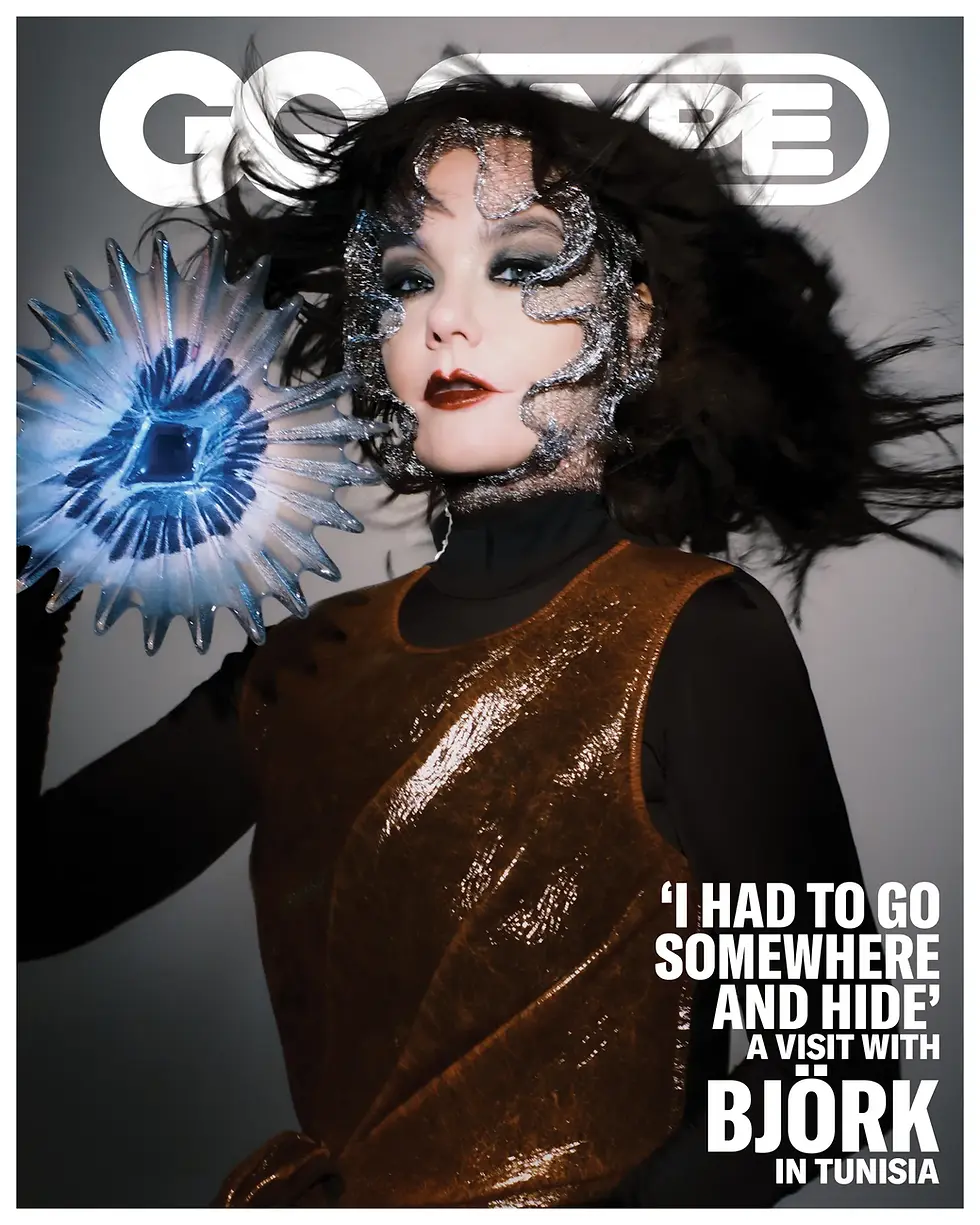From Black Metal's Scream to Björk's Ghost: How Scandinavia's Extreme Darkness Forged the World's Most Innovative Female Artists, European female vocalist
- Underground Sound Collective

- 2025年9月24日
- 讀畢需時 2 分鐘
In the vast, silent landscapes of Scandinavia, where the sun can be a fleeting memory and ancient myths feel closer than neighbouring towns, the human creative impulse is pushed to its most profound extremes. European female vocalist? This is a land of stark duality, a crucible that has forged two of music's most polarising yet spiritually connected art forms: the nihilistic, primal scream of Black Metal, and the otherworldly, fiercely innovative visions of its most iconic female artists. To understand one, you must be willing to listen for its echo in the other.
Black Metal, born from the Norwegian cold, was more than music; it was a philosophical rebellion. Bands like Mayhem and Emperor channelled the isolation and the harsh, unforgiving beauty of their environment into a sound of raw, elemental fury. It was a rejection of modern comforts, a yearning for a primal, pre-Christian past, a sonic ritual conducted under a midnight sun. It was the sound of humanity screaming into a vast, indifferent void, and finding a strange comfort in the darkness.
From that same void, another sound emerged—not a scream, but a whisper, a glitch, a spectral transmission. Björk, from the even more isolated and elemental landscape of Iceland, became its high priestess. Her music is a different kind of ritual. She doesn't scream at nature; she becomes it. Her voice, a geothermal force, erupts through landscapes of fractured electronic beats and orchestral grandeur. Like the black metallers, she rejects convention and builds her own mythology, but hers is one of biological wonder, technological fusion, and emotional vulnerability.

This tradition of forging a unique world from the darkness continues. The work of Karin Dreijer in The Knife and Fever Ray feels like a transmission from a dystopian Swedish city of the future—cold, synthetic, yet pulsating with a desperate, queer humanity. Her voice, digitally warped and pitch-shifted, explores the fluidity of identity in a world of rigid structures. More recently, Norway's Aurora embodies the folkloric spirit, her ethereal voice carrying the cadence of ancient lullabies and the wisdom of the forest floor, yet always with an undercurrent of profound melancholy.
What connects the shriek of a black metal vocalist in a frozen forest to the electronic sigh of a female creator in a Stockholm studio? It is the act of world-building. In a landscape defined by its overwhelming emptiness and darkness, the artist is not merely a performer; they are a demiurge. They must create their own universe, with its own rules, its own gods, and its own language, simply to survive. The Scandinavian sound, in its most potent form, is not a genre. It is the breathtaking, terrifying, and beautiful act of creating a universe out of nothing.



留言